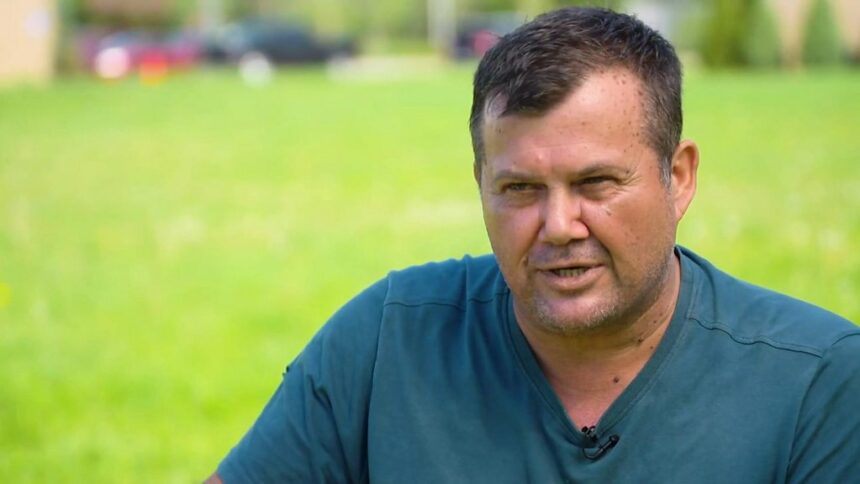Buffalo, New York – Charl Kleinhaus, a 46-year-old Afrikaner farmer, has ignited a global conversation after arriving in the United States as part of a controversial Trump-era refugee program. Fleeing alleged threats in South Africa, Kleinhaus is now resettled in a motel in upstate New York alongside 58 other white South Africans.
“I didn’t come here for fun,” he told the BBC, describing death threats he received via WhatsApp and fears over land expropriation. He left behind his home, farm, and elderly mother in Mpumalanga province.
What Prompted the Exodus?
South Africa’s 2024 land expropriation law, allowing for seizure of private land without compensation, triggered deep anxiety among white farmers. While the South African government says no land has been seized yet, Kleinhaus claims a government claim on his land rendered it economically unviable.
“The land reform policy has gone too far,” he says. “Your land becomes worthless, and fear spreads.”
Trump’s Refugee Policy Faces Scrutiny
In February, former President Donald Trump signed an executive order fast-tracking refugee status for Afrikaners, citing alleged “persecution” of white farmers—a narrative he has long championed with support from South Africa-born billionaire Elon Musk.
The move drew immediate criticism. South African President Cyril Ramaphosa denounced those leaving as “cowards,” saying, “We don’t run from our problems—we solve them.”
Meanwhile, Afghan refugees were denied protected status during the same week, highlighting accusations of racial bias in Trump’s immigration agenda.
Concerns Over Refugee Vetting
The UN Refugee Agency (UNHCR) confirmed it was not involved in vetting the Afrikaners—breaking from standard practice. The US Department of Homeland Security claims to have screened applicants thoroughly, but critics question the inclusion of individuals like Kleinhaus, who had posted antisemitic content on social media.
He defended the post, attributing it to emotional stress and medication but admitted it was a mistake. “It was wrong. I was angry, but that’s no excuse,” he told the BBC.
Political Pawn or Humanitarian Case?
Some argue the Afrikaner group is being used as a political tool in Trump’s 2025 campaign. Kleinhaus disagrees: “People must not think we are just taking advantage. We come here to contribute.”
He believes his resettlement is divine providence: “To be selected for this first group, with a 0.0-something percent chance? That’s an act of God.”
Conclusion
The case of Charl Kleinhaus sheds light on the complex intersection of asylum law, race, and geopolitics. As policies shift and scrutiny intensifies, the future of white South African refugees in the US remains uncertain—and highly politicized.
For more insights into global immigration trends and asylum law, explore our Immigration Insights hub.


